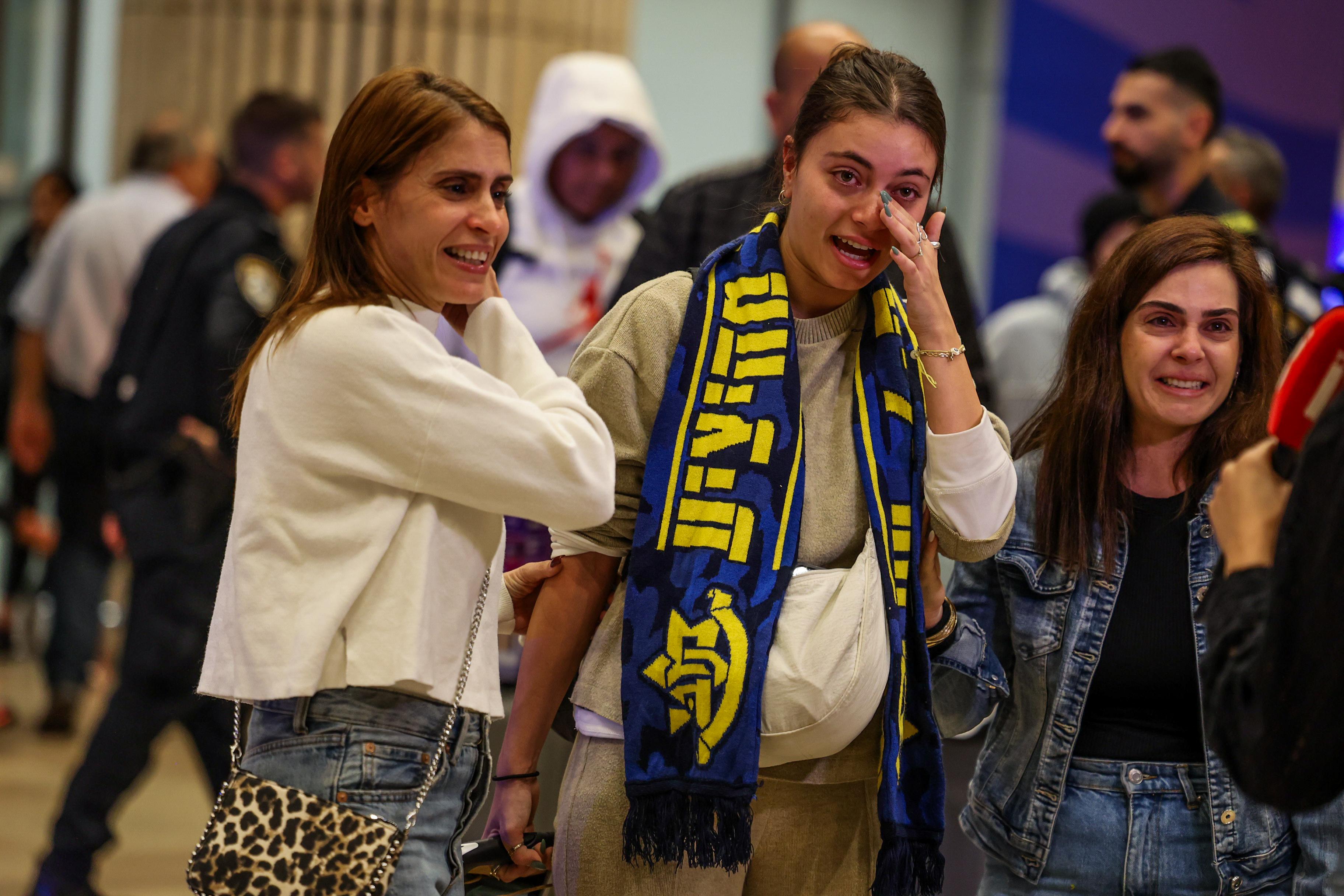Oh, so you thought that was terrorism?
Shout "Free Palestine" or drown: Dutch Court says Amsterdam Pogrom was not terror
Although Mayor Femke Halsema initially condemned the attacks as terror and antisemitism, she quickly walked back her words. So it should come as no surprise that the Dutch authorities are not demanding jail time for the attackers.

Dutch prosecutors have decided not to pursue terrorism charges or prison sentences for five defendants accused of attacking Maccabi Tel Aviv fans in Amsterdam last month, drawing sharp criticism from Jewish community leaders.
The trial, which begins today, stems from violent incidents that occurred after a soccer match between Ajax and Maccabi Tel Aviv.
For anyone who needs reminding, here's what happened in Amsterdam on :
Israeli football fans were subjected to coordinated antisemitic attacks in Amsterdam following a Europa League match between Ajax and Maccabi Tel Aviv on Thursday night (7th November), into the early hours of Friday morning. Groups of attackers on scooters and on foot hunted down fans wearing Maccabi's yellow colors throughout the city center, forcing many to hide in their hotels for safety.
The attackers also attacked, abused, and pelted the fans with fireworks, including children and the elderly. One Israeli man was thrown into a canal and only allowed to leave when he shouted "Free Palestine."
The violence resulted in five people being hospitalized, with witnesses describing organized groups communicating by phone to locate Israeli supporters. Amsterdam police eventually arrested 62 people, while riot police had to intervene multiple times to protect the fans. The situation was so severe that Israel arranged emergency flights, including rare Shabbat travel permissions for El Al airlines, to evacuate their citizens from the Dutch capital.
The chief prosecutor justified the lenient approach by characterizing the attacks as expressions of "anger, frustration, and sadness over the situation in Israel and Gaza" rather than acts of terrorism.
"In terrorism, the goal is to instill fear in a specific group," the prosecutor stated. "While I understand that the Jewish community in Amsterdam feels fear from the violence, this was a result of the actions, not their purpose."
The decision comes amid growing tensions over the characterization of the events. Amsterdam Mayor Femke Halsema recently retracted her use of the term "pogrom" to describe the attacks, dismissing it as "Israeli propaganda." Her reversal has intensified debate over the handling of antisemitic incidents in the Netherlands.
The case has highlighted broader concerns about the treatment of antisemitic violence in European legal systems. Jewish community representatives argue that the prosecutor's decision to avoid terrorism charges, despite the targeted nature of the attacks, sets a concerning precedent for how similar incidents might be handled in the future.
The prosecution's approach appears to reflect a broader reluctance among European authorities to categorize anti-Jewish violence as terrorism, even when it involves organized targeting of Jewish individuals or institutions. This stance has raised questions about the effectiveness of existing hate crime legislation in addressing contemporary antisemitism.
The trial continues today in Amsterdam District Court.